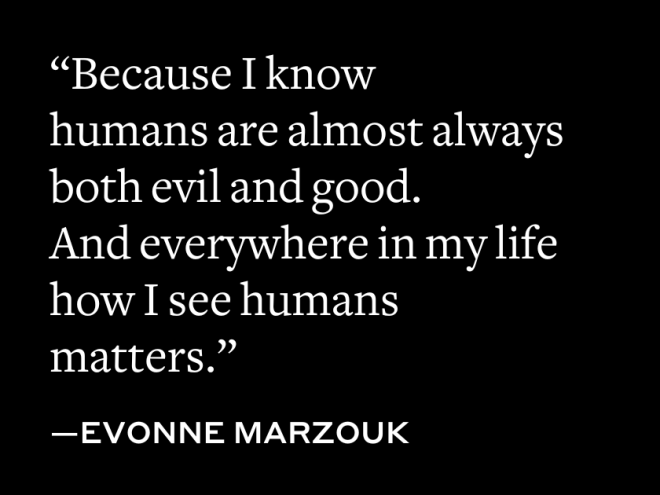January 1, 2013
The Prophetess tells a modern story about Rachel, an American teenage girl called to join a secret community of Jewish prophets. The story weaves Jewish tradition, mysticism, modern Jewish American life, and discovery of Israel, into a coming-of-age story of a girl discovering her power and purpose in life.




